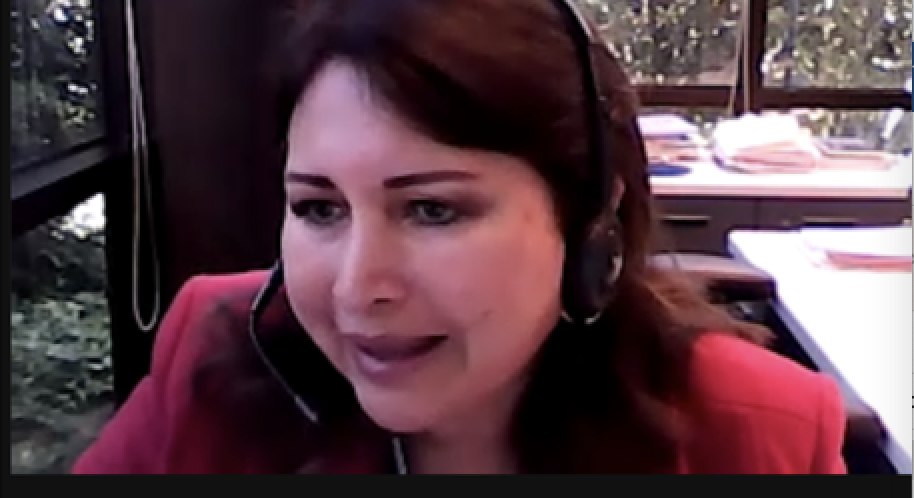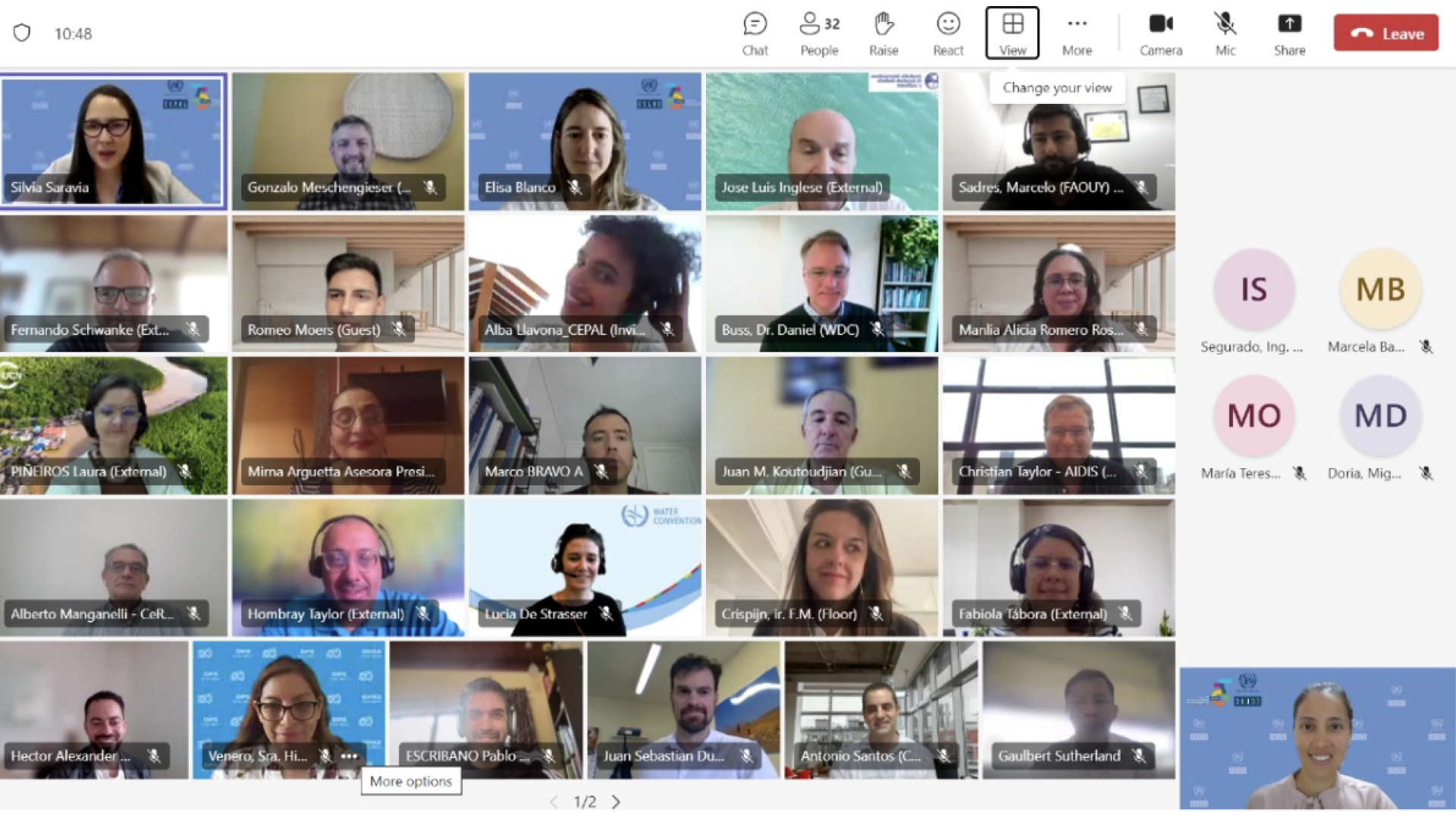Briefing note
ECLAC participates in the series of seminars commemorating the 25th Anniversary of ARESEP Costa Rica
Last Tuesday, October 13th, the seminar "Social rate and subsidies in water services" was held by Dr Jeannette Sánchez, Director of the Natural Resources Division, within the framework of the celebration of the 25th anniversary of the Regulatory Authority of Public Services ARESEP of Costa Rica, supported by ECLAC.
The seminar included the opening marks of the General Regulator, Mr Roberto Jiménez, who highlighted the importance of ECLAC's work and the value of good international practices, which mark the way in the implementation of policies in the Costa Rican context. Later, Mr Marco Cordero, Intendant of Water, commented on the need to focus on the benefits of having access to drinking water and sanitation, and not only on rates. Mr Cordero highlighted the challenge of promoting rate structures that reflect the real cost of the service without neglecting the social part.
Dr Jeannette Sánchez, Director of the Natural Resources Division of ECLAC, presented the current situation of the provision of drinking water and sanitation in Latin America and the Caribbean and the role of social tariffs. In this regard, she highlighted the importance of the issue and the opportunities to apply differential rates to allow lower-income families to access basic consumption and enable adequate economic support. Likewise, she stressed the need to mobilize investment that allows closing the coverage gap according to SDG 6 criteria, and based on data, showed the positive impacts on green employment and the increase in added value in the economies, that development of the coverage of the infrastructure of water and sanitation has. To end her presentation, Sánchez proposed recommendations, indicating that water is a public good with multiple users and that it is essential to classify families by income levels or another proxy variable to target subsidies optimally. Finally, she recalled the character of the natural monopoly that lies in the service, making it possible to have differential rates, always keeping in mind its limitations.
At the end of the conference, a brief space for questions and answers took place. The Head of the Water and Energy Unit of ECLAC, Ms Rayen Quiroga, and Ms Silvia Saravia Matus, Economic Affairs Officer of the Unit of Water and Energy, of ECLAC participated.



